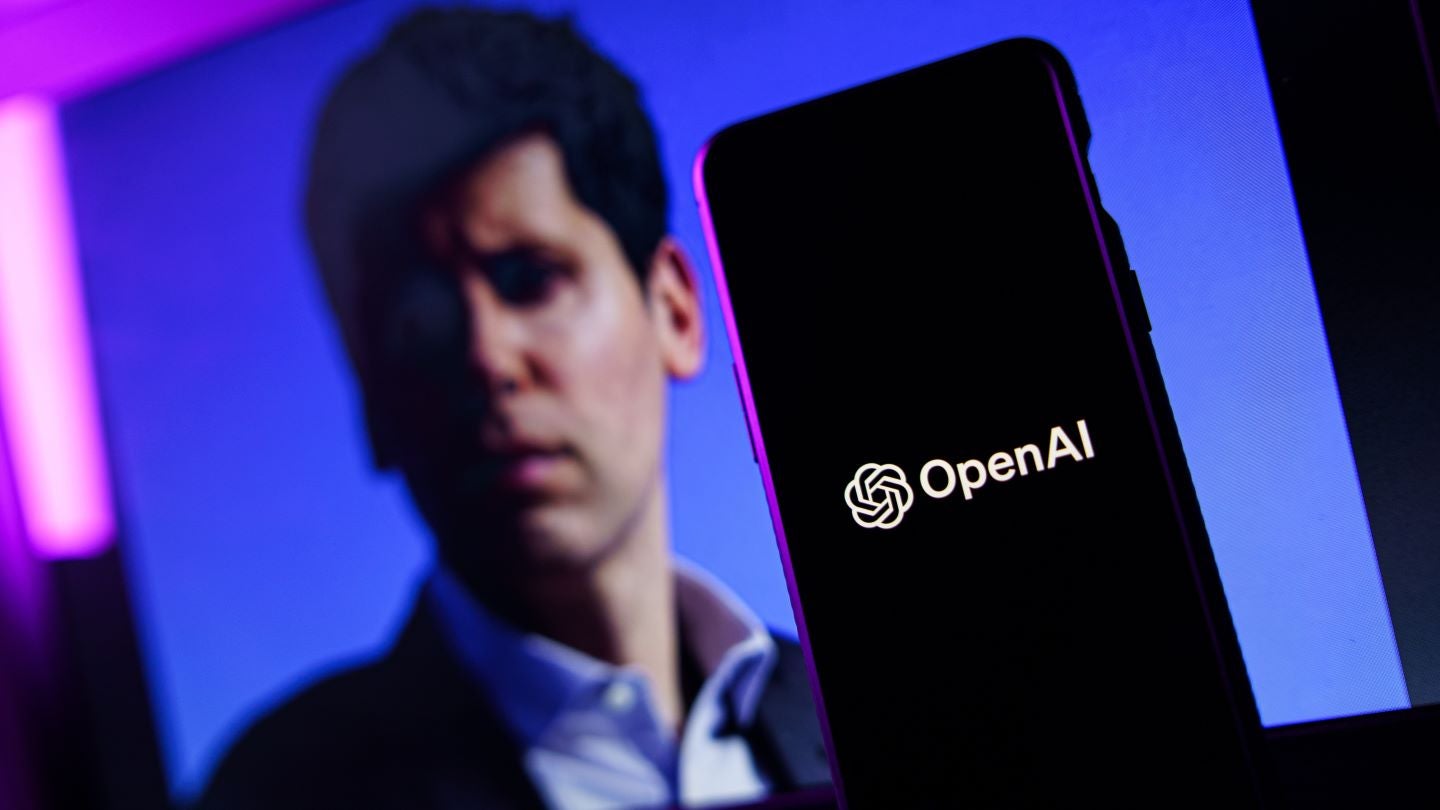
OpenAI, supported by Microsoft, is preparing to launch its latest reasoning AI model, the o3 mini, in early 2025.
OpenAI CEO Sam Altman confirmed this development via a post on the social media platform X.

Access deeper industry intelligence
Experience unmatched clarity with a single platform that combines unique data, AI, and human expertise.
The launch will include both the application programming interface (API) and an updated version of ChatGPT, according to Reuters.
The o3 mini model builds on the momentum of OpenAI’s previous releases.
In December 2024, the company announced it was testing advanced reasoning models, o3 and o3 mini, designed to address more complex tasks compared to earlier iterations.
These models aim to surpass their predecessors in domains such as science, mathematics, and coding.

US Tariffs are shifting - will you react or anticipate?
Don’t let policy changes catch you off guard. Stay proactive with real-time data and expert analysis.
By GlobalDataIn September 2024, OpenAI introduced its o1 AI models, which focused on tackling harder queries by allocating more time for processing.
At the time: “We have developed a new series of AI models designed to spend more time thinking before they respond. They can reason through complex tasks and solve harder problems than previous models in science, coding, and math.”
OpenAI’s advancements come amid increasing competition from tech giants such as Google and Apple.
Recently, the company unveiled a beta feature called Tasks for ChatGPT, marking its entry into the virtual assistant market alongside competitors like Apple’s Siri and Amazon’s Alexa.
ChatGPT’s launch in late 2022 ignited a surge of investments in AI companies, with its rising popularity and product innovations enabling OpenAI to secure $6.6bn in funding.
Separately, OpenAI is training a new AI model called GPT-4b micro in collaboration with Retro Biosciences, a longevity science startup aiming to extend the human lifespan, reports the MIT Technology Review.
Backed by Altman Retro has been collaborating with OpenAI on this research for approximately a year.
The GPT-4b micro model focuses on re-engineering proteins, particularly the Yamanaka factors, which have the ability to transform human skin cells into stem cells with youthful characteristics.







